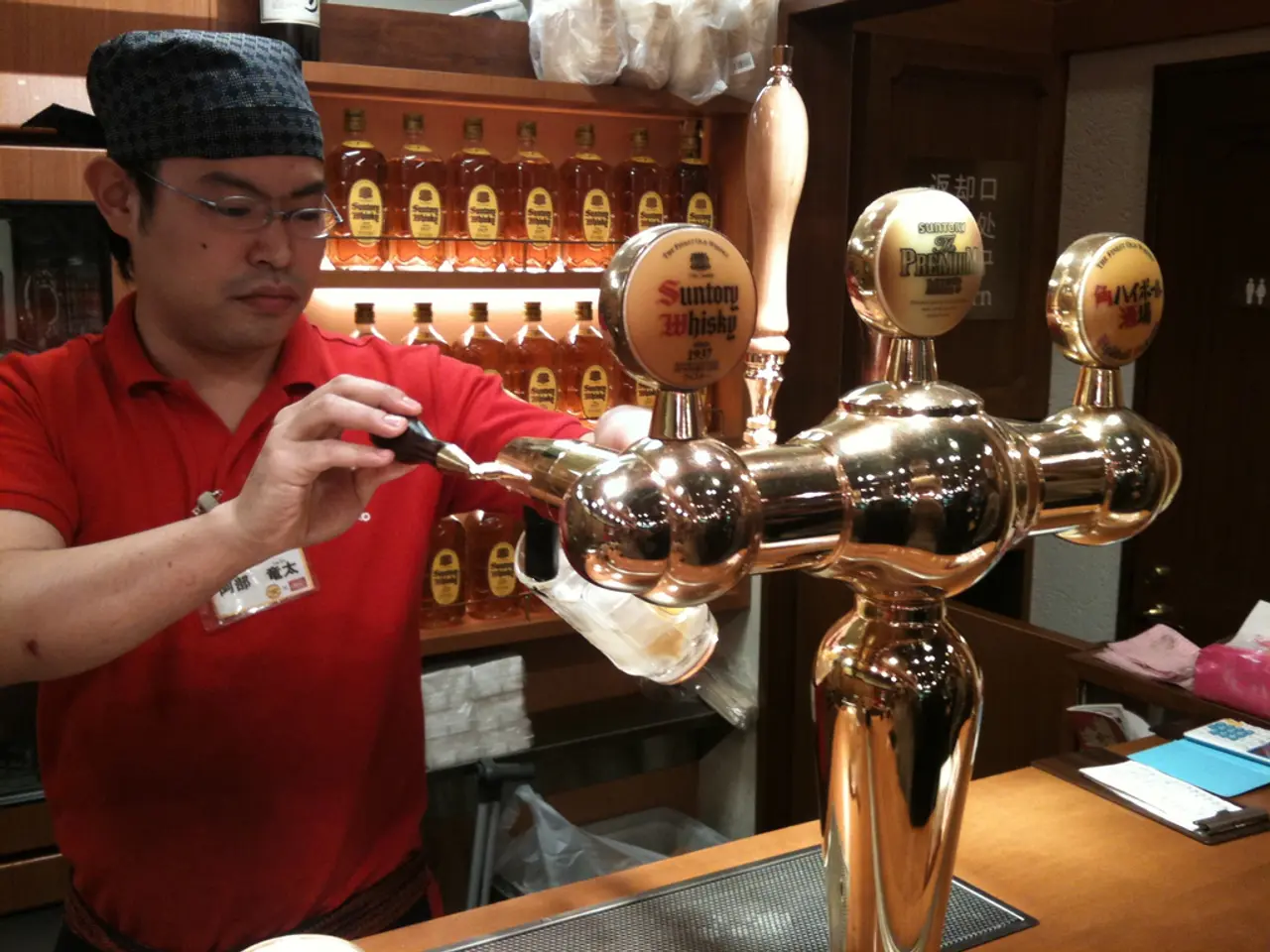Questioning the Integrity of Gambling Studies Reported by Germany's Health Ministry: Assessing the Authenticity of Gambling Addiction Statistics
The gambling addiction study conducted by the Hamburg Institute for Interdisciplinary Addiction and Drug Research (ISD) and the University of Bremen for the German Federal Ministry of Health (BMG) has been met with serious allegations, primarily centering around concerns of biased methodology and data analysis.
Key concerns include methodological flaws such as inadequate consideration of confounding factors, sample selection bias, or the use of metrics that do not fully capture the complexities of gambling addiction. Potential conflicts of interest linked to funding or stakeholder influence may have biased the design, interpretation, or presentation of results to align with political agendas or industry preferences.
Critics worry that biased research could undermine public trust and weaken regulatory frameworks intended to protect vulnerable populations from gambling-related harms. The debate emphasises the importance of rigorous, transparent, and independent research on gambling addiction to ensure reliable evidence guides policymaking.
The controversy surrounding the study has raised serious doubts about the neutrality of the researchers. Simone Borchardt, an addiction expert and a member of the CDU faction in the Bundestag, has actively questioned the researchers' impartiality. Some suspicions point towards agreements made between the study creators and the BMG beforehand.
The quality of the study results has been criticised by experts for some time, with concerns about transparency and the lack of representativeness in the latest survey due to an inappropriate sampling method. Furthermore, there have been allegations of errors in data collection and evaluation.
It is important to note that more than ten German institutions are currently engaged in gambling research, according to the Joint Gambling Authority of the States (GGL). The research commission for the Gambling Survey is now with the ISD and the University of Bremen, a change that occurred in 2019 when the Federal Institute for Public Health (BIOG) was no longer responsible for the Gambling Survey.
The German Sports Betting Association (DSWV) has pointed out that the latest gambling survey provides a completely new data basis that cannot be compared with the results of the BIOG. Elke Bodderas, a WELT author, has criticised the lack of transparent access to the data, and has warned that political decisions, such as a possible advertising ban for gambling or further restrictions on the industry, should not be made on an unclear data basis.
At the end of 2023, the Federal Ministry of Health reported an increase in gambling addicts in Germany. The exact details of the Hamburg-Bremen study controversy are not extensively detailed in the available search results, but such allegations usually arise when independent experts or advocacy groups detect inconsistencies, lack of transparency, or alignment of research conclusions with political or commercial interests rather than objective scientific findings.
As the debate continues, it is crucial that rigorous, transparent, and independent research on gambling addiction is conducted to ensure reliable evidence guides policymaking and protects vulnerable populations from gambling-related harms.
The controversy over the online casinos Germany study conducted by the ISD and the University of Bremen, funded by the German Federal Ministry of Health, raises questions about the study's impartiality due to potential conflicts of interest and allegations of biased methodology. Given the importance of rigorous and transparent research in informing policy on casino-and-gambling matters, concerns about the study's integrity could undermine public trust and weaken regulatory frameworks. This highlights the necessity of objective, independent research into gambling addiction to prevent political agendas or industry preferences from influencing policy decisions that impact vulnerable populations.




